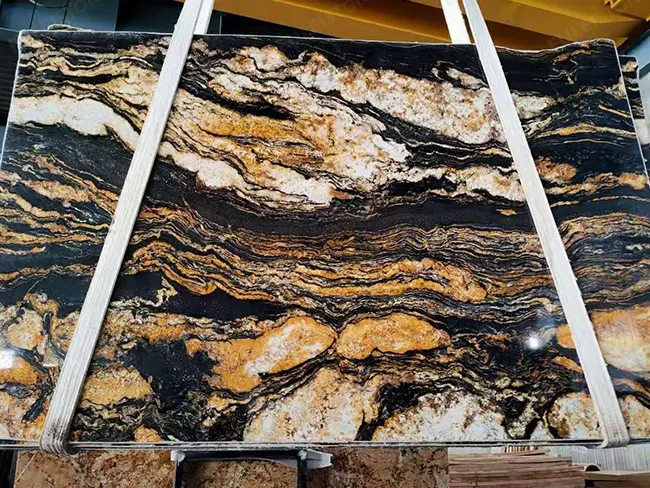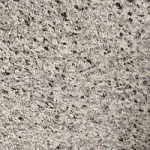The natural beauty and long-lasting durability of granite worktops have made them very desirable in both home and commercial settings for a very long time. The resilience of granite worktops to germs and stains are two major criteria that are frequently considered when determining whether or not granite countertops are suitable for use. In order to offer a full grasp of the capabilities of granite countertops in terms of bacteria resistance and stain avoidance, we will look into these issues from a variety of viewpoints during the course of this essay.
Granite is a kind of igneous rock that is acquired by the gradual crystallisation of magma that occurs deep under the crust of the Earth. For the most part, it is made up of quartz, feldspar, and mica, all of which contribute to the distinctive qualities that it possesses. Granite counters have a natural resistance to the formation of germs, which is one of the most significant advantages of using granite. Because granite is naturally thick and compact, it is difficult for germs to penetrate its surface and grow there. This is because granite is a dense and compact material.
Granite is an inherently sanitary material to use for worktops because of its non-porous nature, which prevents bacteria from penetrating the stone and causing it to become contaminated. Nevertheless, it is essential to keep in mind that although granite worktops are resistant to bacteria, they are not fully immune to the presence of bacteria. It is nevertheless required to do the appropriate cleaning and maintenance in order to guarantee a hygienic surface.
It is advised that granite countertops be cleaned on a regular basis using a gentle soap and water in order to preserve the bacteria-resistant characteristics of the material. Use of strong or abrasive cleansers should be avoided since they have the potential to cause harm to the surface or remove any sealant that may be there. In addition, ensuring that any spills are cleaned up as soon as possible and avoiding prolonged contact with acidic chemicals, such as vinegar or citrus juices, are both effective ways to maintain the surface’s integrity.
Granite countertops are susceptible to stains, which is another element that homeowners are concerned about with this material. As a result of its low porosity and solid composition, granite is well-known for its capacity to naturally resist the formation of stains. The minerals that make up granite collaborate to form a dense, interconnecting structure that reduces the amount of liquids that are absorbed by the material. Having this innate resistance offers some degree of protection against stains that are commonly seen in the home, such as those caused by oil, alcohol, or coffee.
However, it is essential to keep in mind that the amount of stain resistance can differ from one type of granite to another, as well as depending on the finishing treatment that is applied to the granite. It is possible that certain types of granite are more porous than others, which means that they are more likely to become stained if they are not properly sealed. As an additional point of interest, certain finishes, such as honed or leathered finishes, have a more open texture than polished finishes, which can make them more susceptible to stains.
Countertops made of granite are frequently suggested to be sealed in order to improve their resistance to stains. A protective barrier is created by sealants, which fill up the tiny holes and minimise the amount of liquids that are absorbed by the porous surface. This further layer of defence can extend the longevity of the countertop and make it more resistant to stains, hence extending its possible lifespan.
The frequency with which granite countertops should be sealed is contingent upon a number of elements, including the kind of granite, the finish, and the amount of use that the counters receive. The sealing of granite countertops should be done every one to three years, according to the general recommendation. Nevertheless, it is of the utmost importance to adhere to the instructions provided by the manufacturer and to seek the advice of specialists in order to receive particular direction that is tailored to the specific qualities of your granite countertop.
As a result of their solid structure and low porosity, granite countertops have a natural resistance to the growth of bacteria and the discoloration of surfaces. Despite the fact that they are naturally sanitary and resistant to stains, it is still necessary to cleanse and maintain them in the appropriate manner. Maintaining the bacteria resistance and stain avoidance features of granite countertops may be accomplished by routine cleaning, fast cleanup of spills, and periodic sealing. It is possible for homeowners to take pleasure in the beauty, durability, and practicality of granite countertops for many years to come if they have a thorough grasp of these elements and implement the right care and maintenance techniques.









